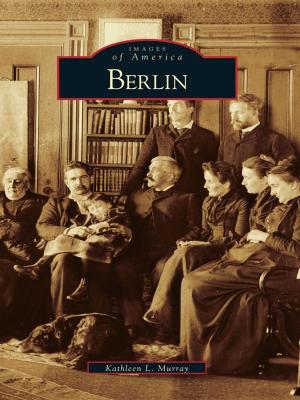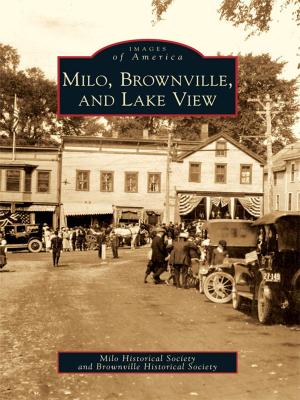New England School of Law
Nonfiction, Reference & Language, Education & Teaching, History, Art & Architecture, Photography, Pictorials, Travel, Administration| Author: | Philip K. Hamilton | ISBN: | 9781439636084 |
| Publisher: | Arcadia Publishing Inc. | Publication: | September 1, 2008 |
| Imprint: | Arcadia Publishing | Language: | English |
| Author: | Philip K. Hamilton |
| ISBN: | 9781439636084 |
| Publisher: | Arcadia Publishing Inc. |
| Publication: | September 1, 2008 |
| Imprint: | Arcadia Publishing |
| Language: | English |
In December 1908, 12 years before the 19th Amendment gave women the right to vote, Arthur Winfield MacLean, an entrepreneurial Boston attorney, resolved to train women to be lawyers. What began with just two students grew each year until 1918, when he incorporated his enterprise as Portia School of Law, the only law school in the country founded exclusively for women. By 1927, the law school had 436 students and regularly provided the majority of female admittees to the Massachusetts bar. Guided by Dean MacLean and his successors, Portia began admitting men in 1938 and in 1969 achieved national accreditation as New England School of Law. In 1998, it was admitted to the Association of American Law Schools. Throughout its history, New England School of Law has maintained a tradition of offering opportunity and motivating its students to transcend barriers. Today that tradition is carried on by an outstanding faculty backed by committed administrators and trustees.
In December 1908, 12 years before the 19th Amendment gave women the right to vote, Arthur Winfield MacLean, an entrepreneurial Boston attorney, resolved to train women to be lawyers. What began with just two students grew each year until 1918, when he incorporated his enterprise as Portia School of Law, the only law school in the country founded exclusively for women. By 1927, the law school had 436 students and regularly provided the majority of female admittees to the Massachusetts bar. Guided by Dean MacLean and his successors, Portia began admitting men in 1938 and in 1969 achieved national accreditation as New England School of Law. In 1998, it was admitted to the Association of American Law Schools. Throughout its history, New England School of Law has maintained a tradition of offering opportunity and motivating its students to transcend barriers. Today that tradition is carried on by an outstanding faculty backed by committed administrators and trustees.















